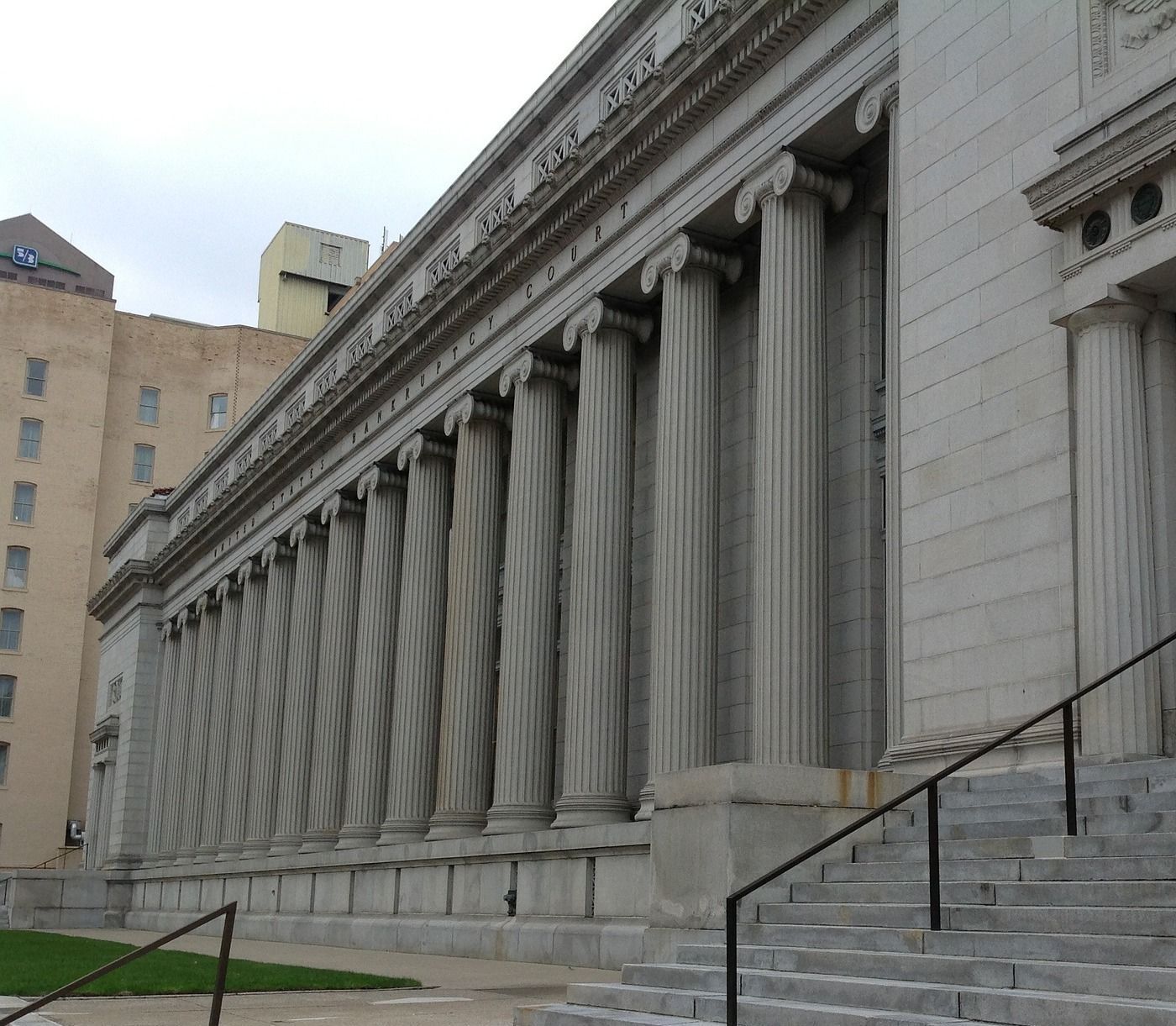Probating with Real Estate
By: Kirk Waechter
February 16, 2023
The probate process can be lengthy and complicated, not to mention expensive

Probate is the legal process of administering a deceased person’s estate, which includes identifying and gathering assets, paying debts and taxes, and distributing assets to heirs and beneficiaries. Probate is typically required when a person dies without a will, or when a will is contested. This process can be lengthy and complicated, not to mention expensive. This is why it’s important to understand the steps involved so you can ensure that your loved ones' property is properly distributed.
Probating an estate that includes real estate can be even more complex and time-consuming. Real estate is often a major asset in an estate, and the probate process for real estate requires specific steps that must be followed.
The first step is to file a petition with the probate court. Once the petition is filed, the probate court will appoint an executor to oversee the process. The executor will be responsible for collecting the deceased person's assets, paying their debts, and distributing property to their heirs.
Part of this process involves determining whether a will exists. If a valid will exists, the executor will be responsible for filing the will with the probate court, notifying creditors and heirs, and filing probate documents. The executor will also be responsible for gathering and valuing the estate’s assets, including real estate, and paying any outstanding debts, taxes, and other expenses.
Once the executor has identified and collected all of the estate’s assets, including any real estate, the value of that property must be determined. The probate court may order a formal appraisal, or the executor may hire a real estate appraiser. The property’s value will be used to determine the estate’s tax obligations and any taxes that may be due.
The probate process can take several months, or even years, to complete. During this time, the executor will be responsible for managing the deceased person's real estate, among other things. They will need to collect rent, pay taxes, and make repairs to the property if or when necessary.
Once the value of the real estate has been established, the executor must decide whether to sell the property, or transfer it to an heir or beneficiary. If the property is sold, the executor will need to handle the sale, which includes obtaining any necessary permits and preparing the property to be sold. Proceeds from the sale would be used to pay debts, taxes, and fees associated with the estate.
If the property is transferred to a beneficiary, the executor will need to obtain any necessary permits and transfer the deed to the beneficiary. The beneficiary would then be responsible for subsequent taxes or fees associated with ownership.
Here are some additional things to keep in mind about probating an estate with real estate:
- If the deceased person had a will, that document dictates how their real estate is to be distributed.
- If the deceased person did not have a will, the probate court may distribute their real estate according to the state’s intestacy laws.
- The probate process can be expensive, so it’s important to consider those costs when planning for your estate.
- Probate can often be avoided by creating a living trust. A living trust is a legal document that transfers ownership of real estate to a trust during your lifetime. The trust would then distribute that property to your heirs after your death.
- You can also avoid probate by naming beneficiaries on your bank accounts, retirement accounts, and other assets. When you die, these assets will pass directly to your beneficiaries without having to go through probate.
Clearly, probating an estate can be a complicated process, particularly when real estate is involved. It’s important to understand the probate process so you can ensure that your loved ones' real estate is distributed or otherwise disseminated in the manner they wanted.
If you are currently involved in probating an estate, whether you’re an executor, beneficiary or heir, or other interested party, you should
contact Prosperity Real Estate & Investment Services. Our experts can answer your questions and provide assistance with proper distribution of real estate assets in whatever manner is most suitable.
Do You Have Questions About This?
If you're interested in learning more about this topic, or if you have questions about anything else related to real estate, property management, or insurance, feel free to call us or reach out using the form below. We will get back to you as soon as possible.
Contact Us
We will get back to you as soon as possible.
Please try again later.
You May Also Like

About Prosperity REIS
We are the number one stop in the region for buying and selling real estate. We’ve been serving the Philadelphia area for more than a decade, and we do it with great pride and integrity.
LOCATIONS
36 N 3rd Street
Philadelphia, PA 19106
CONTACT US
OUR COMPANIES
© 2023 Prosperity REIS – All rights reserved









